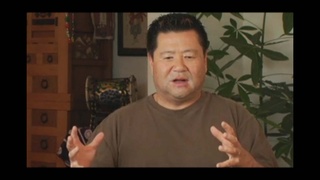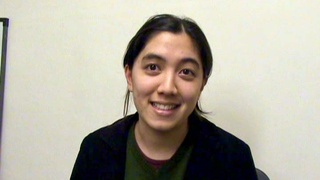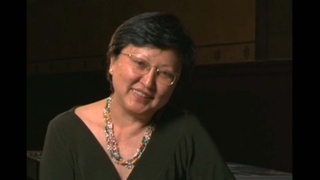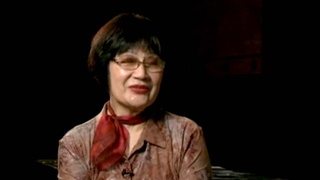Interviews
To be a Nikkei is a confluence of cultures (Spanish)
(Spanish) I have heard everything with respect to this [topic]. I can tell you my personal opinion. For example, I find that some descendants believe that they do not feel centered, like they do not pertain to either culture [Peruvian or Japanese]. I have a different opinion: a different opinion, one that shows that I don’t completely agree [with those who do not feel part of either culture]. I believe that being Nikkei gives you a great advantage. Why? A Peruvian Nikkei – I am not so sure if a Latin American Nikkei – but yes, a Peruvian Nikkei. What is it that happened? A Peruvian Nikkei has a Japanese side that includes all the values, all sides of honesty, of hard work, [both of which] come together, and that comes inherently because you live it in your family, in your friends, this sentiment of which you see another Nikkei [and] you feel at ease; you feel like you can talk to that person or simply entrust that person with something because deep inside you know that he or she is going to carry out [what you entrusted him or her to do]. What is it that is good about a Peruvian? What is good is that he or she is not pigeonholed [with a certain, fixed personality], [someone who] seeks imaginative solutions and has a lateral way of thinking [as opposed to someone who] very often abides by the rules, [and who] will not be able to fulfill a clear objective in a relatively short time. Therefore, I believe that the Nikkei have this confluence, [that the Nikkei] have [these] values linked with astuteness, linked with a creole part [meaning a racial mix], but [I am] speaking in the best sense of the word. And that is in the form with which I identify. Therefore, when they tell you something [which makes] you feel Nikkei, I say: “You feel very well.” I am happy to be part of two cultures that have many good [qualities], and together they can offer [us] so much.
Date: September 14, 2007
Location: Lima, Peru
Interviewer: Harumi Nako
Contributed by: Asociación Peruano Japonesa (APJ)






